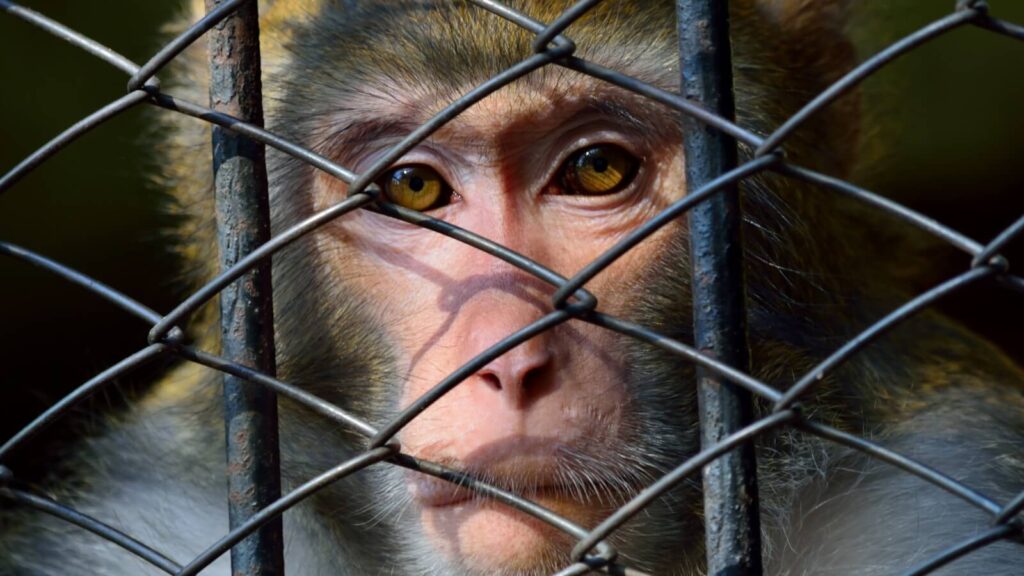A new study looked at the wildlife trade’s impact on the transmission of viruses. Researchers warned that the wildlife trade could increase the risk of zoonotic outbreaks, including those with global ‘pandemic potential’.
A zoonosis is an infectious disease transmitted between animals and humans. According to the World Health Organization (WHO), some diseases can begin as a zoonosis but develop into human-only strains – one example is HIV.
The analysis, which was led by The Nature Conservancy, was published in the journal Current Biology. The Nature Conservancy teamed up with the Ashoka Trust for Research in Ecology and Environment (ATREE) in India to conduct the study.
Researchers studied 226 viruses known to cause zoonotic diseases across more than 800 mammal species. They categorized the animals into three groups: traded mammals, non-traded mammals, and domesticated mammals.
Researchers found that one-quarter of mammal species in the wildlife trade host 75 percent of the known zoonotic viruses. Compared to domesticated and non-traded species, commonly traded mammals had a ‘much higher’ risk of transmission.
Preventing the next pandemic
Lead author Dr Shivaprakash Nagaraju is a Senior Scientist for The Nature Conservancy in India. He said: “From our findings, it is conceivable that wildlife trade (legal and illegal) is the key risk factor driving the global spread of zoonotic and emerging infectious diseases.”
The international wildlife trade leads to more than one billion direct and indirect interactions between wildlife, domesticated animals, and humans, he added.
Dr Nagaraju said he hopes the research will guide global health experts on where to ‘concentrate their efforts to prevent the next global pandemic’.
Dr Joe Kiesecker is the co-author of the study and a Lead Scientist for The Nature Conservancy. He said: “If we want to stop the next pandemic before it starts, our findings indicate that we should, among other measures, focus our efforts on keeping rodents, bats, primates, ungulates, and carnivores out of wildlife trade.”
Other pandemic concerns
Humans interfering with animals has sparked concerns about disease outbreak before.
A January poll found that roughly 85 percent of Brits support an ‘urgent’ ban on factoring farming, due to concerns about COVID-19. The following month, reports found that the H5N8 strain of bird flu had infected humans for the first time.
And in June, 67 infectious disease experts wrote a letter urging for the end of fur farming.
“The intensive breeding conditions typical on fur farms – animals unnaturally crowded together, poor hygiene, stress, injuries and low genetic diversity – are ideal for the creation and spread of novel pathogens,” the letter reads.
“To risk jeopardising our ability to control and end this or future global coronavirus pandemics, for the sake of fur fashion production, would seem imprudent.
“We therefore support the call by [Humane Society International] for a permanent global end to the breeding, keeping and killing of animals for the purposes of fur production, and the sale of fur.”






